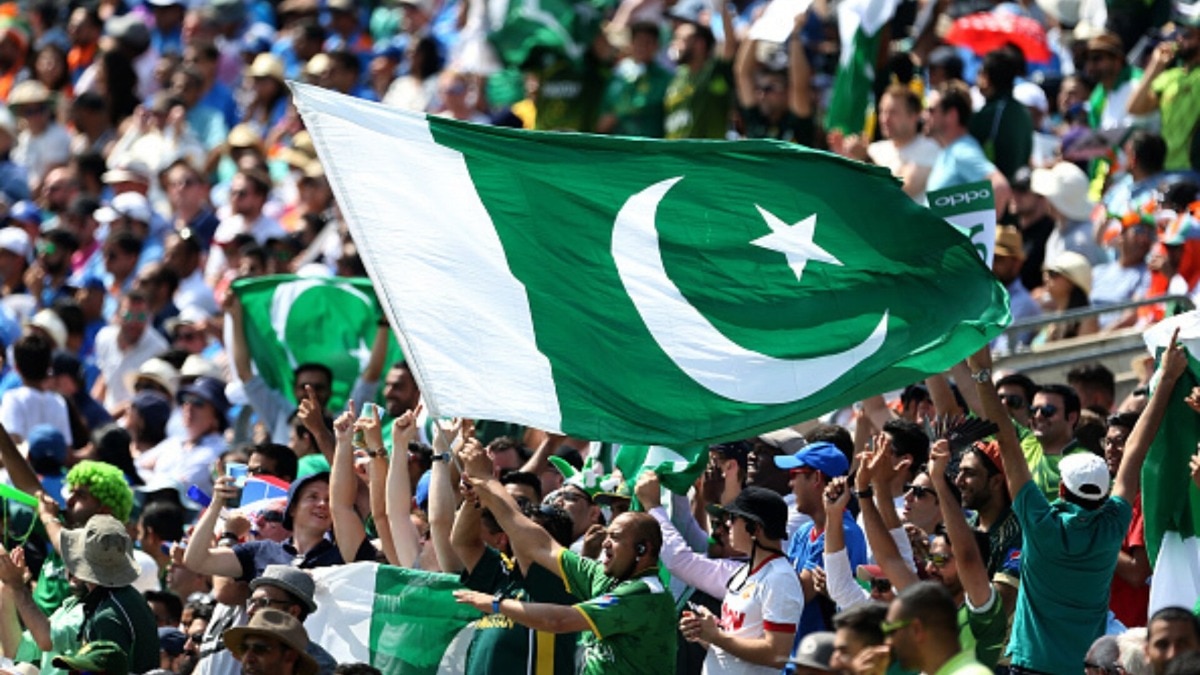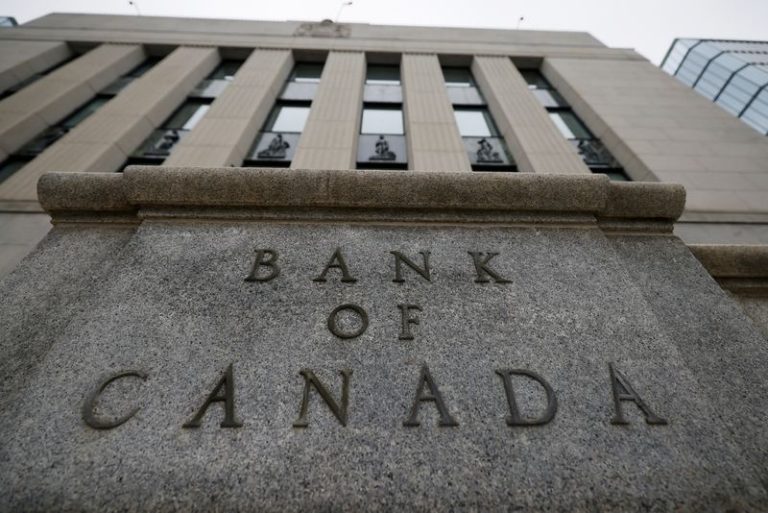Pakistan is reframing the recent ceasefire as a diplomatic masterstroke, using it to project strength and strategic finesse at home and abroad. Through a coordinated media push and official narratives, Islamabad is casting the agreement as proof of its resilience and negotiation acumen — painting it as a victory not just over escalation, but over India’s military posture itself.
Yet, not everyone is buying into the spin. A recent attempt by a former diplomat to romanticise the ceasefire backfired spectacularly, triggering sharp rebuttals and a reality check on social media.
Husain Haqqani, Pakistan’s former ambassador to the US, sparked a storm online after likening the ceasefire to a master chess move that left India cornered.
“If a chess player thinks he is about to checkmate the other, would he agree to just end the game because the other asks him to?” Haqqani posted on X (formerly Twitter), trying to suggest Islamabad forced New Delhi to the table.
But the analogy didn’t hold up. Sushant Sareen, senior fellow at the Observer Research Foundation, was among the first to counter the narrative.
“In a chess match if one player sees his main pieces taken out and is ready to concede the match, the other side will accept the offer… now after conceding the match… the losing side uses it to proclaim victory… then an alternate reality is created and internalised and no amount of evidence or proof is enough to alter that neurosis,” Sareen wrote in a scathing reply.
Others piled on.
“That’s what happens when a chess match happens between a Grandmaster and an amateur,” one user commented. “The grandmaster completely cleans up the amateur’s army… gets an urgent call… and tells the amateur to come better prepared next time.”
Another said, “In a gentlemen’s game yes. If the opponent concedes defeat you accept. The Indian Armed Forces are perfect Gentlemen… Pakistani soldiers do not follow that code.”
Haqqani’s metaphor was meant to elevate Pakistan’s diplomatic play — but instead, it opened a floodgate of critiques that questioned not just the claim of victory, but the very basis of the narrative Islamabad is now trying to cement.







